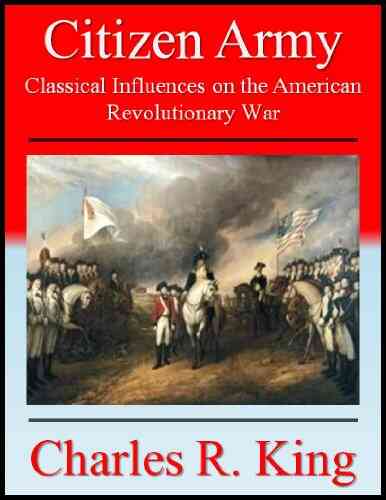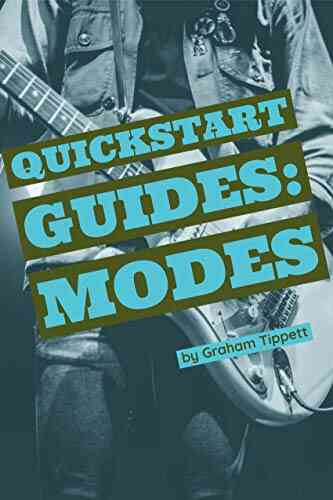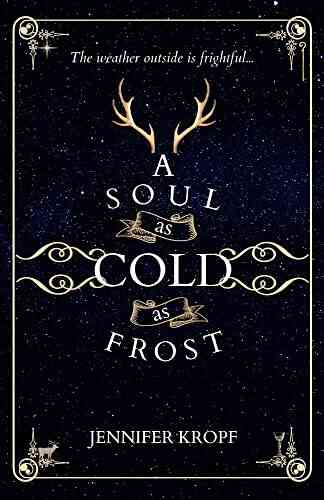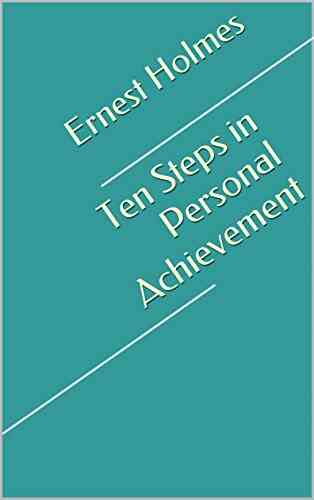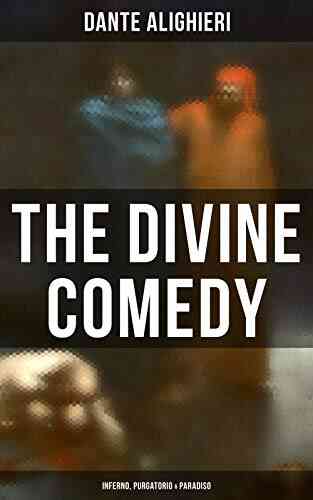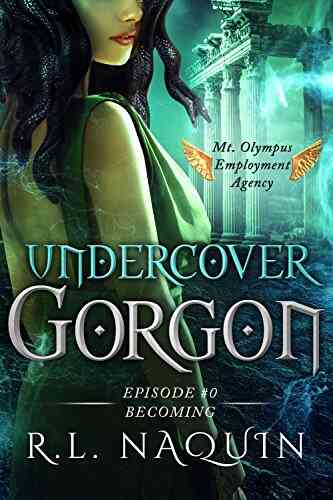The Secret Classical Influences That Shaped The American Revolutionary War

When we think of the American Revolutionary War, we often conjure up images of brave soldiers and iconic events that defined the birth of a nation. However, what many fail to realize is the profound impact of classical influences on the war and the Founding Fathers. These ancient ideas and philosophies played a crucial role in shaping the ideals of the revolutionaries and guiding their decisions throughout the war. Let's delve into the secret world of classical influences that shaped the American Revolutionary War.
The Ideals of Democracy
One of the most significant classical influences on the American Revolutionary War was the concept of democracy. The Founding Fathers took inspiration from the ancient Greeks, who were known for their experiments with democratic governance in cities such as Athens. The democratic principles of ancient Greece resonated with the revolutionaries' desire for self-governance and liberty.
The Founding Fathers studied the works of ancient Greek philosophers like Aristotle and Plato, who advocated for the participation of citizens in political decision-making. The concept of a government "by the people, for the people" became a cornerstone of the American Revolution. The leaders of the revolution looked to the classical models of democracies to shape the structure of the newly formed American government.
4.6 out of 5
| Language | : | English |
| File size | : | 516 KB |
| Text-to-Speech | : | Enabled |
| Screen Reader | : | Supported |
| Enhanced typesetting | : | Enabled |
| Word Wise | : | Enabled |
| Print length | : | 17 pages |
| Lending | : | Enabled |
The Roman Republic as a Model
Another classical influence on the American Revolutionary War was the Roman Republic. The revolutionaries admired the Roman Republic's Republican form of government, where power was shared among elected officials and citizens had a say in the decision-making process.
The Founding Fathers drew inspiration from Roman political institutions, such as the Senate, which served as a deliberative body. They also looked to Roman republican values, particularly the idea of civic virtue. The concept of civic virtue emphasized the responsibilities of citizens towards their society and the importance of public service to maintain the well-being of the republic. This notion guided the revolutionaries as they fought for their vision of a free and independent nation.
Philosophical Influences
Classical philosophy had a profound impact on the intellectual foundations of the American Revolutionary War. The ideas of Enlightenment thinkers like John Locke and Montesquieu were heavily influenced by ancient Greek and Roman philosophy.
John Locke's conception of natural rights, which included life, liberty, and property, drew parallels with the Stoic philosophy of ancient Rome. The Stoics believed in living according to nature and upholding individual rights. Locke's ideas resonated with the revolutionary leaders and served as a justification for their fight against British oppression.
The French philosopher Montesquieu's theory of the separation of powers also found echoes in classical political thought. Montesquieu's idea that power should be divided among different branches of government was inspired by the Roman Republic's system of checks and balances. The revolutionaries embraced this ideal and incorporated it into the design of the American government.
Military Strategy and Tactics
Classical military strategies played a crucial role in shaping the American Revolutionary War. The revolutionaries studied the tactics of ancient generals like Hannibal and Alexander the Great to gain insights into effective warfare.
George Washington, the commander-in-chief of the Continental Army, drew inspiration from the tactics employed by the Roman general Fabius Maximus. Fabian tactics, characterized by avoiding direct confrontation and focusing on attrition, influenced Washington's approach to the war. Washington understood that the Continental Army couldn't match the British forces head-on and opted for guerrilla warfare and hit-and-run tactics.
Furthermore, the idea of a citizen soldier, drawn from the Roman Republic's military system, shaped the revolutionary army. Just as the Roman Republic relied on a citizen militia, the revolutionaries gathered volunteers from various colonies who fought for their homes and their vision of a free nation.
A Lasting Legacy
The classical influences on the American Revolutionary War were not only instrumental in securing independence but also left a lasting legacy on the newly formed United States. The foundation of democracy, the Republican form of government, and the philosophical ideals that shaped the revolution continue to shape American society today.
The leaders of the American Revolution drew upon the wisdom and lessons of the past to forge a new path forward. By looking to the ancient Greeks and Romans, they found inspiration for their fight and guidance for the creation of a new nation that would be a beacon of liberty and democracy.
As we commemorate the sacrifices and achievements of those who fought in the American Revolutionary War, let us not forget the classical influences that silently guided them. The timeless ideas of democracy, Republicanism, and individual rights found in ancient philosophy continue to resonate and inspire generations to come.
4.6 out of 5
| Language | : | English |
| File size | : | 516 KB |
| Text-to-Speech | : | Enabled |
| Screen Reader | : | Supported |
| Enhanced typesetting | : | Enabled |
| Word Wise | : | Enabled |
| Print length | : | 17 pages |
| Lending | : | Enabled |
Charles R. King utilizes his academic education in physics and classical history to examine the often overlooked influence of classical Rome and Greece on the American Revolution and the Continental Army. Accessible to both the professional historian and the buff, this analysis enables the reader to approach the development of the Continental Army, and Washington's use of citizen soldiers, from a new and different outlook. The author utilizes primary sources and historiography to provide unique insights.
Charles R. King's specific area of interest has always been the Roman Republic period. This work not only utilizes his education and academic background, but also takes advantage of his experience as a career military officer and of physical visits to many of the significant sites of the American Revolutionary War.
Do you want to contribute by writing guest posts on this blog?
Please contact us and send us a resume of previous articles that you have written.




















Light bulbAdvertise smarter! Our strategic ad space ensures maximum exposure. Reserve your spot today!
 Jimmy ButlerFollow ·13.8k
Jimmy ButlerFollow ·13.8k Jerry WardFollow ·4.5k
Jerry WardFollow ·4.5k Norman ButlerFollow ·8.7k
Norman ButlerFollow ·8.7k Willie BlairFollow ·19.4k
Willie BlairFollow ·19.4k Ibrahim BlairFollow ·8.4k
Ibrahim BlairFollow ·8.4k Lord ByronFollow ·4.9k
Lord ByronFollow ·4.9k Gene SimmonsFollow ·13k
Gene SimmonsFollow ·13k Gil TurnerFollow ·3.1k
Gil TurnerFollow ·3.1k

 Dashawn Hayes
Dashawn HayesUnveiling the Intriguing World of Stephanie Plum, Kate...
Chapter 1: Stephanie Plum – An...
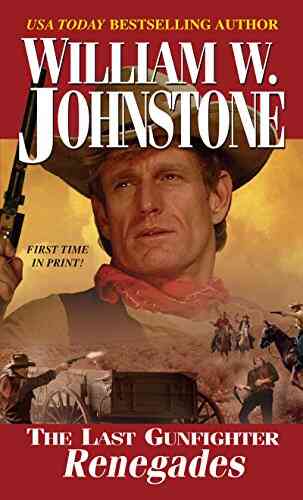
 Colin Richardson
Colin RichardsonRenegades: The Last Gunfighter 12 - A Heart-Pounding...
Get ready for an action-packed ride as we...

 Emmett Mitchell
Emmett MitchellThe Rainbow Beyond Tears - A Journey of Healing
Have you ever wondered what lies...
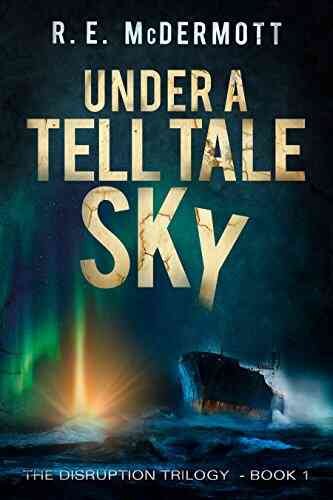
 Bret Mitchell
Bret MitchellUnveiling the Secrets Beneath the Tell Tale Sky: A...
Have you ever looked up at the sky and...
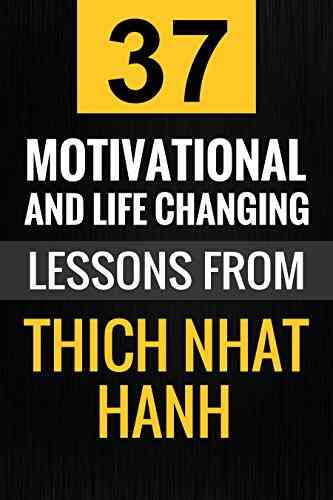
 Corey Hayes
Corey Hayes37 Motivational And Life Changing Lessons From Thich Nhat...
Thich Nhat Hanh is a renowned Zen master,...

 Jace Mitchell
Jace MitchellBuy Bullet: An Orphan Short Story
Are you ready to embark on a gripping...
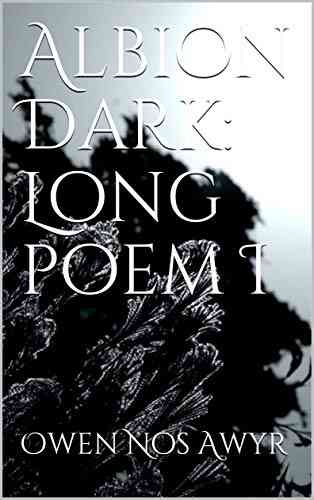
 Branson Carter
Branson CarterAlbion Dark Long Poem: An Enchanting Journey into the...
Are you ready to immerse yourself in...
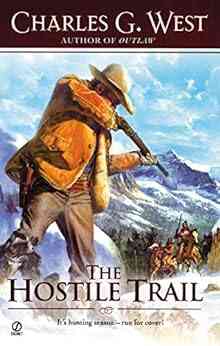
 Jorge Amado
Jorge AmadoThe Hostile Trail Matt Slaughter: A Captivating Journey...
Are you ready to embark on a thrilling...

 Luke Blair
Luke BlairThe Adorable Grandma Peek Boo Crochet Pattern 131: Create...
Have you been searching for the perfect...
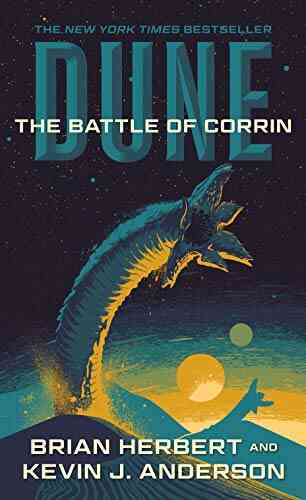
 Bret Mitchell
Bret MitchellThe Battle of Corrin: A Turning Point in the Known...
When it comes to pivotal moments in...

 Andres Carter
Andres CarterLittle Gnome Home Crochet Pattern - Create Your Own...
Imagine a world where whimsical creatures...

 Bradley Dixon
Bradley DixonTerraforming The Atmosphere Of Venus: A Journey Towards...
Are you ready to embark on a journey that...
4.6 out of 5
| Language | : | English |
| File size | : | 516 KB |
| Text-to-Speech | : | Enabled |
| Screen Reader | : | Supported |
| Enhanced typesetting | : | Enabled |
| Word Wise | : | Enabled |
| Print length | : | 17 pages |
| Lending | : | Enabled |


